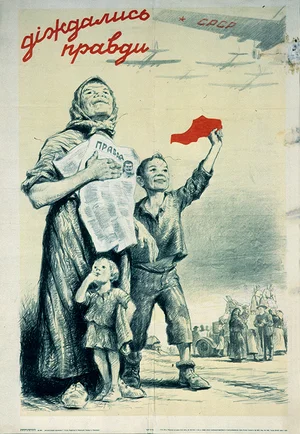14 April, 2022
 By Dr LJ Howard, LL.M, Director of Research, RAUSI
By Dr LJ Howard, LL.M, Director of Research, RAUSI
Bing West’s piece below offers useful insight into how some US experienced military personnel and statesmen are weighing the current Russia-Ukraine situation. The piece is professionally researched, well written and well worth reading.
Colonel Francis J "Bing" West Jr (Ret’d) was Assistant Secretary of Defense for International Security Affairs (1981-1983) during the Reagan Administration (1980-1988). West’s piece critiques the Biden administration’s reluctance to assist Ukraine more robustly in its defence against Russia’s unilateral seizure of UA’s territory and attack on UA’s political independence.
West’s reasoning appears to draw from, among other sources, the most recent US Interim National Security Strategic Guidance (March 2021). The guidance provides the US, as a large global power, is obliged to preserve the stability of the international order writ large to advance its own national security interests. West’s reasoning can be seen to flow from this document. While West’s argument is persuasive, it may require further points to become convincing. At least three points arise.
The US’s recent August 2021 withdrawal from Afghanistan, while understandably challenging to execute, may have created across the US electorate a current reluctance to intervene militarily elsewhere through any means. This reluctance may be expected to shape, to a degree, the outcome of mid-term elections in November 2022 and the short-term policy success of President Biden’s Democratic administration. Until the domestic political upside of the US’ intervention in UA becomes clear and sustainable, intervention remains problematic.
Further, intervention from the US and like-minded states begins a cycle of response and reaction from RU, Belarus and like-minded-states. Akin to the Boyd Decision making model, intervention initiates complex iterations in terms of game theory, not unlike that modeled by Herman Khan and Thomas Schelling during the Cold War. The current model would identify issues such as how much intervention to provide, the character of intervention, under what circumstances would intervention cease, the legal terms and conditions of bilateral military assistance agreements – the US has no international legal obligation to Ukraine per the NATO treaty regime – and the exit strategy and tactics during the post intervention period. It is unreasonable to expect West to satisfy these issues, yet essential they be included in any policy or operational planning process.
Lastly, authors must employ one or another framework of analysis to develop and present their findings. West’s frame of reference draws from events circa 1940 to the peaceful conclusion of the Cold War in 1989, the preliminary stages of which he was likely knowledgeable by virtue of his appointment. Yet, given developments occurring during the thirty-three-year gap from 1989 to 2022 (e.g., instant information and faster decision cycles, the stealth of hostile cyber operations, and increased lethality of weapons systems), one might ask if that older frame of reference is as relevant to the current situation as it should be.
An update to this piece from West later this year would be welcomed.
Biden’s Choice: Win or Lose in Ukraine? | Hoover Institution
